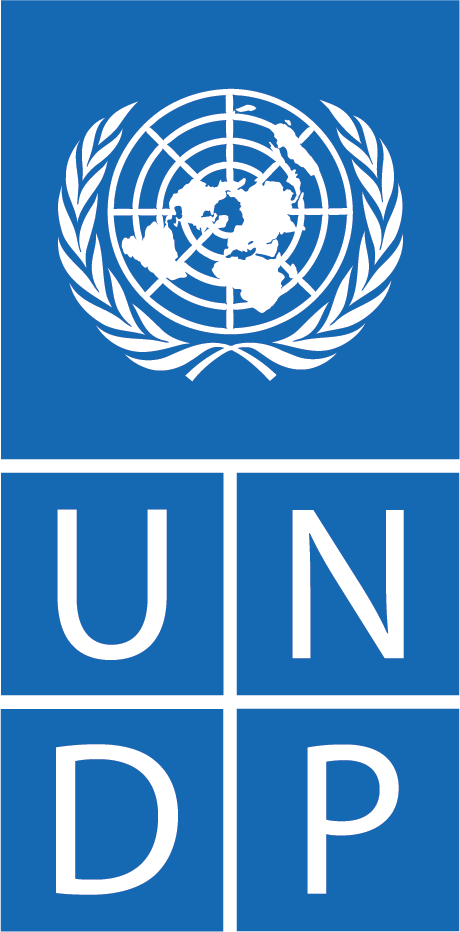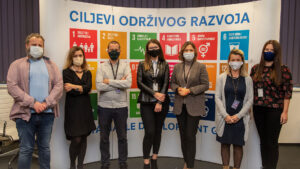
Companies participating in the SDG Accelerator for Small and Medium Enterprises (SMEs) program in Bosnia and Herzegovina have completed their months-long “innovation journey”.
SDG Accelerator for SMEs in BiH entails work with companies that have received support, guidance, and a comprehensive methodology for the development of new products, services, or business models based on the SDGs from a network of top international and domestic experts. In addition, the companies were assisted in communicating with and educating their employees to integrate sustainable development into business through internal campaigns and activities.
Each of the companies participating in the SDG Accelerator for SMEs in BiH program has developed a specific business idea based on the Sustainable Development Goals (SDGs).
In order for companies to be able to present their Company Cases, a Virtual Expo was organized. It is a virtual space, located in the hall of the Swedish Embassy in Sarajevo. Every visitor to this virtual space can walk through the virtual hall and interact with company presentations. In addition, all company presentations can be found HERE.
“With the SDG Accelerator for SMEs in Bosnia and Herzegovina, we want to show that the concept developed in Denmark can work in this part of Europe as well. We also hope that this Innovation Journey will inspire other companies to see how the global agenda for sustainable development can be applied in a business context”, stressed Steliana Nedera, UNDP Resident Representative in Bosnia and Herzegovina.
Softhouse Balkans
Softhouse came up with a solution that will help its clients revisit their business impact and identify unexploited sustainability opportunities.
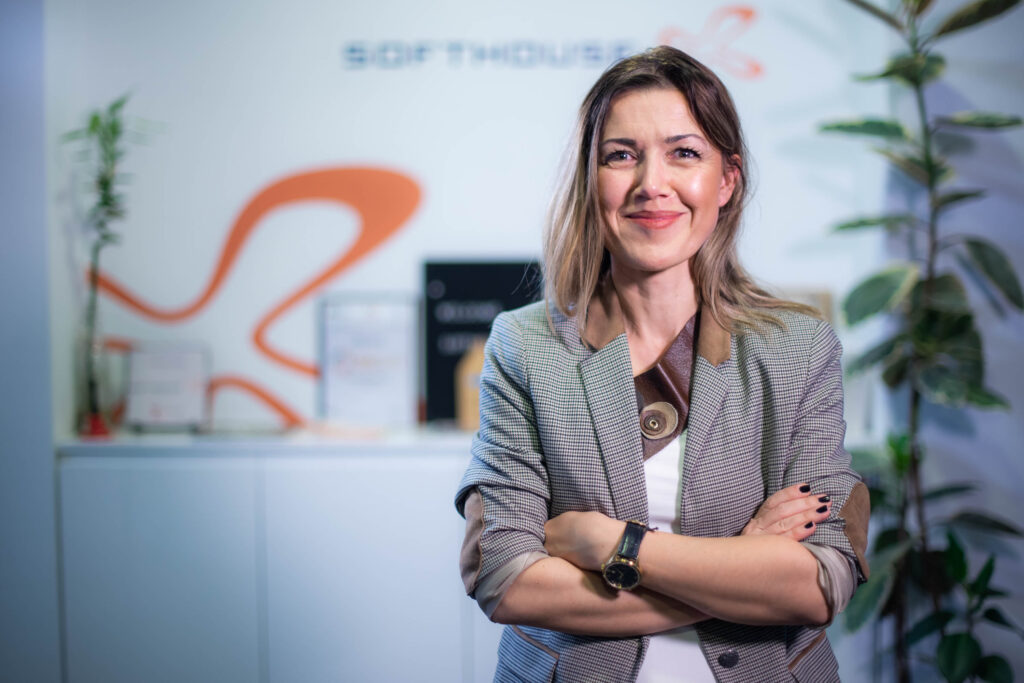
‘Our idea is to provide our clients, both current and future ones, with the way of assessing to what extent their businesses contribute to the fulfillment of the Sustainable Development Goals (SDGs). As part of our offering, we want to help them discover how to use digitalization to become more impactful and innovative in their business model. Placed within Softhouse Consulting Academy, a new assessment framework – ‘SDG Learn’, coupled with tailor-made workshops – ‘SDG Implement’, complements our current offering to our clients. In practice that means that clients who wish to explore the sustainability impact of their business will be able to take a survey exploring different dimensions of their work, e.g. identifying their general awareness of the SDGs, how the goals interact with the operations, people and strategy after which our clients will be given a short snapshot of a report with their status’, says Samira Nuhanović, Softhouse Balkans COO.
Plantago
Having observed the industry behind tea production, Plantago has noticed that the current retail sector set-up within tea category is depriving small-size plant growers and pickers from locally selling unconventional varieties of herbs, thus from real value income earnings due to the unfair trade and lower prices of standard tea products across retail stores. For such reason, Plantago came up with an idea to support an empowerment of such marginalized group while offering its customers an experience of enjoying a large assortment of high quality teas.
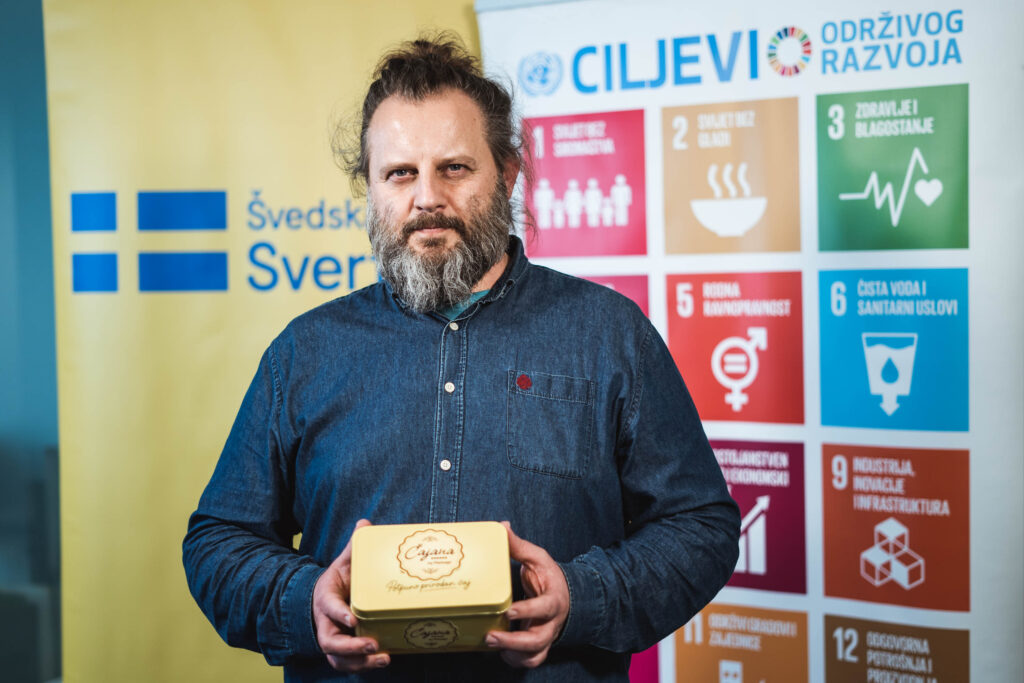
‘As a predominantly dominant retail brand, Plantago has already grown to such an extent that it is a challenge for us to cooperate with small plant pickers and growers, because the quantities we need are rather large. Additionally, every day we witness a great number of customers who are picking what kind of teas they want to buy in supermarkets, thus being exposed to very cheap prices and various brands offering standardized variety of teas. That means that the person who grows and picks these herbs is unable to sell unconventional varieties that are not present in the retail mainstream and is practically paid nothing. Therefore, to uphold our company’s mission, we have decided to launch a new project called Čajana, a tea lab that will provide a visible space to accommodate a presentation of superb quality of teas and connect our suppliers with our customers. Apart from being a meeting point of our stakeholders, with its unique ambience, Čajana will enable users with the experience of enjoying a large assortment of finest teas, whilst stimulating fair trade and payment of premium prices for the premium quality of locally harvested herbal teas’, explains Aleksandar Vukmirović, Plantago founder and CEO.
Koteks
Over the last 25 years, Koteks has been successfully doing business in purchase, processing of raw leather and creating semi-finished products for EU market. Having witnessed inadequate management practices of animal waste in the landfills and yards, lured Koteks to take a stand and make concrete action. According to Adisa Karahodžić, Koteks CEO, such an issue presents a burning problem and needs immediate attention:
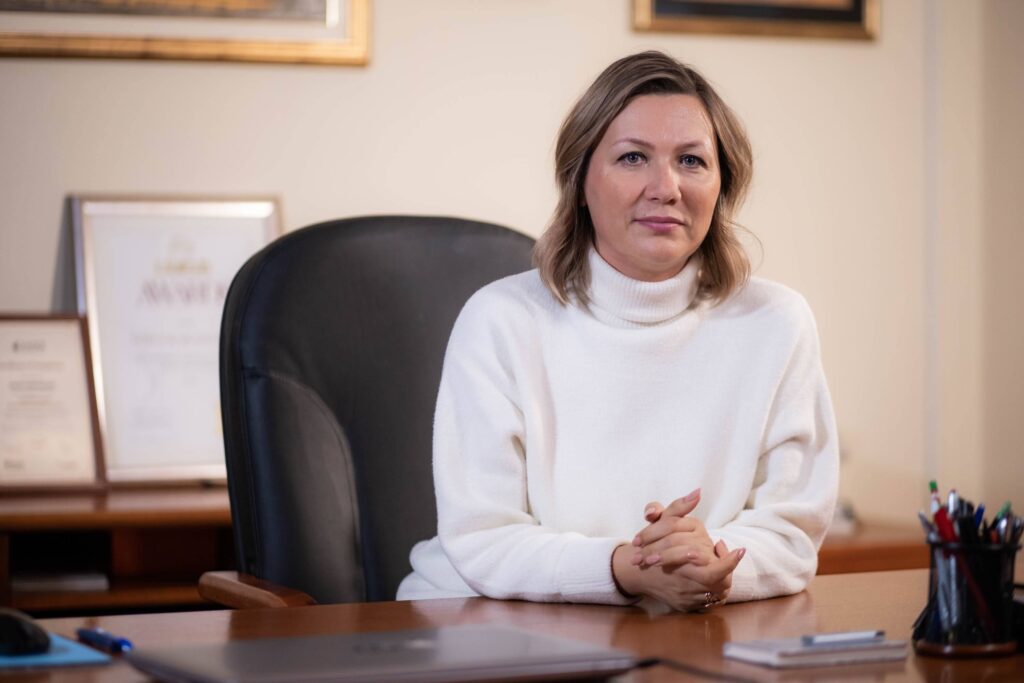
‘When you do business within this industry as we do, you cannot escape thinking what happens with all that animal waste after we purchase the raw leather. Although disposal of animal waste is regulated by strict legislation, the evident data shows that a large portion of such waste is not disposed in accordance with the law. Finding out about such frightening data made us realize that we as the industry leaders in our country can make a significant contribution and be a part of the solution. Not all that waste is ours, and we could simply ignore it, but the Planet is ours, and we are willing to utilize our experience and skills to tackle it appropriately.’
Jaffa Komerc
By coupling the untapped potential for creating an official brand of Herzegovinian cherries with growing international market demand for the particular Celeste sort, Jaffa identified an opportunity to develop a sustainable, yet commercially viable, business solution. In other words of Nedim Badžak, Jaffa Komerc CEO:
‘With our extensive knowledge of fruit production and trade, as well as our deep understanding of the market needs, we have realized that our local capacity of 6,000 cherry trees which allow us to sell around 250 tons of cherries is fairly limited in comparison to the market demand of 5,000 tons of cherries. Hence, we found a way to establish a cooperative structure and give an opportunity to small hold farms, who would, according to our instructions and with our support, produce seedlings that are in line with market requirements. This way, we would not only secure meeting the enormous demand, but we would ensure the engagement of wider community, by providing an adequate knowledge and contribution to the smaller producers who are at the moment invisible on the market. Besides, over the years, we have already launched few initiatives where we educated small farmers on the sustainable farming and hosted school visits to our plantation, so we have been proactive and have gained trust from the wider community and our main stakeholders.’
SDG Accelerator for SMEs aims to accelerate innovations and the growth of small and medium enterprises through the development of new business solutions that are in accordance with the Sustainable Development Goals. SDG Accelerator for SMEs is unique in that it combines UNDP’s insights into challenges to achieving SDGs with the advice of a network of carefully selected experts as well as advisory competencies of the prominent professional services company Deloitte in the innovation process.
It is organized as part of the „SDGs Roll-Out Support and Private Sector Engagement“ Project, implemented by United Nations Development Programme (UNDP) in BiH and financed by Sweden.


